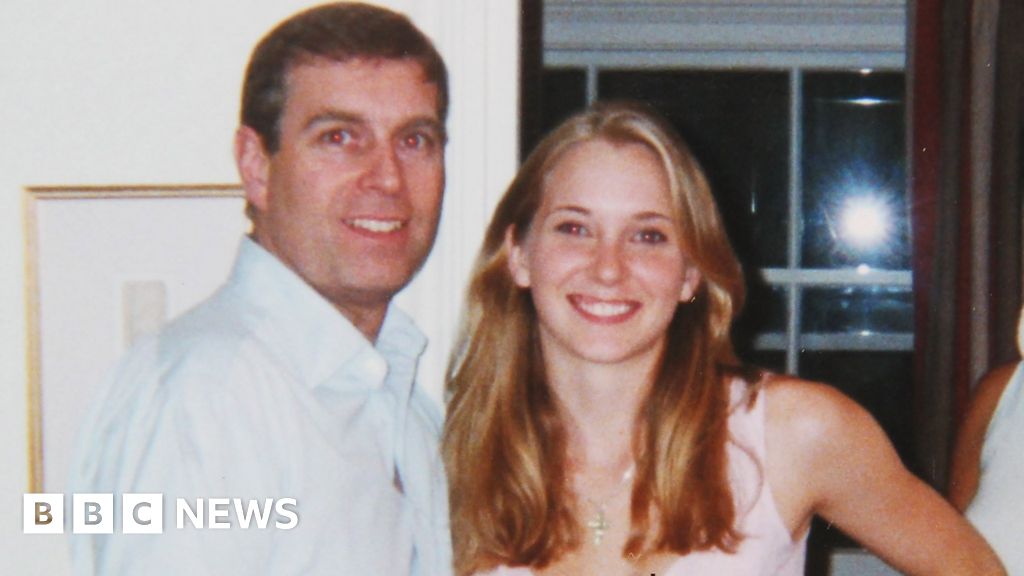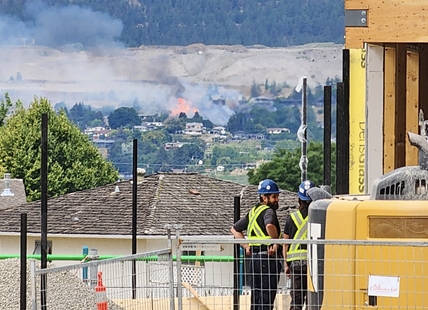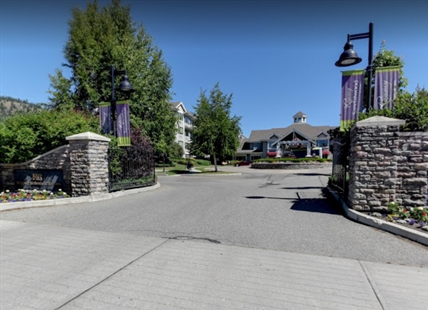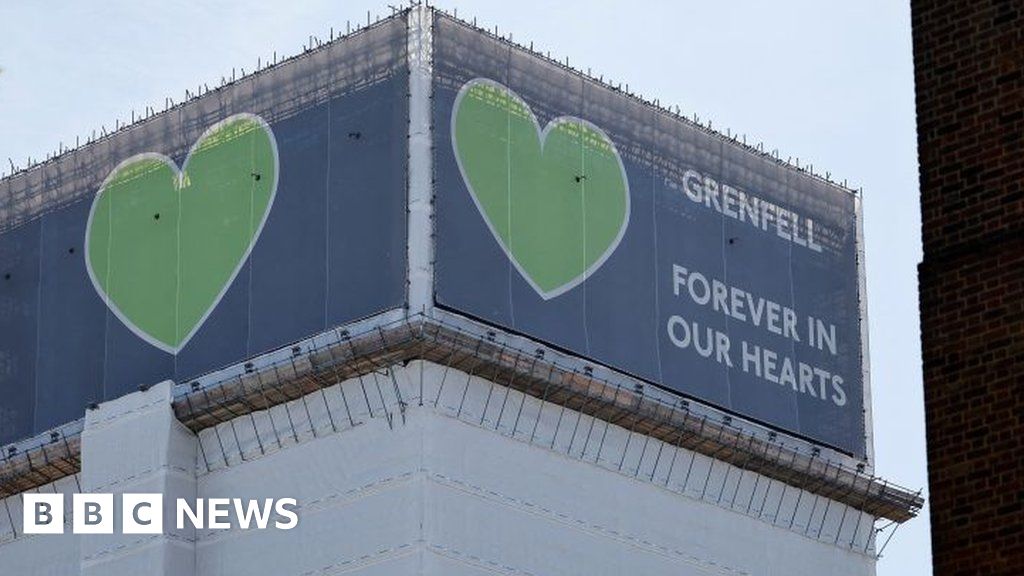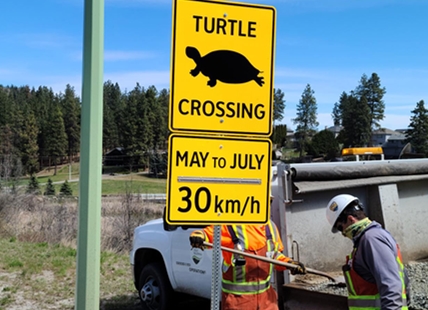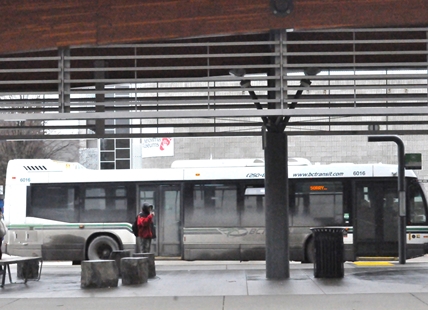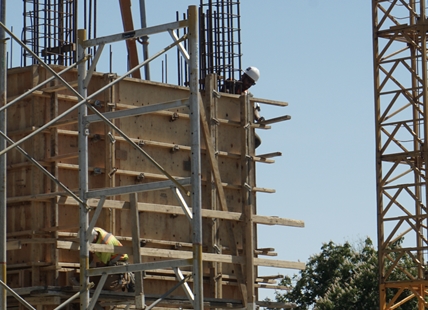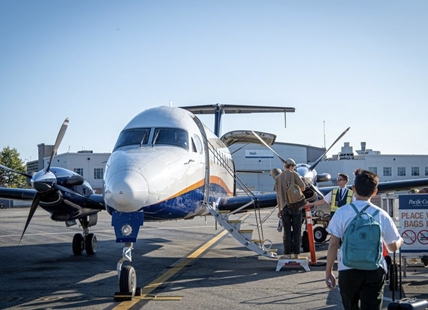Nurse explains why so many orthopaedic surgeries are postponed or cancelled in Kamloops, Kelowna
Thousands of residents in Kamloops and Kelowna are waiting for postponed orthopaedic surgeries, and many are suffering through repeated cancellations. There are more than 1,200 orthopaedic surgical patients on Kelowna’s wait list along with another 900 in Kamloops, according to some...
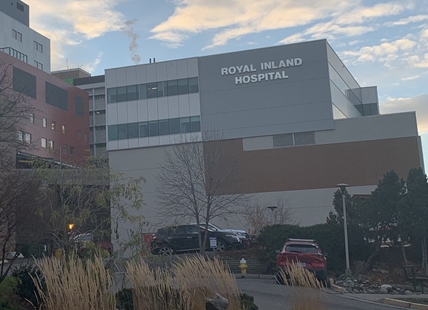
Thousands of residents in Kamloops and Kelowna are waiting for postponed orthopaedic surgeries, and many are suffering through repeated cancellations.
There are more than 1,200 orthopaedic surgical patients on Kelowna’s wait list along with another 900 in Kamloops, according to some estimates.
While shortages of hospital staff and beds are big factors causing kinks in the hospital system, there are many other components involved in running a smooth operation and getting surgeries completed. Some nurses feel sad and frustrated for their patients when surgeries do not go through, and desperately want improvements made.
READ MORE: Thousands in Kamloops, Kelowna still waiting for postponed orthopaedic surgeries
One nurse from Kamloops Royal Inland Hospital, whose identity is being protected due to likely job repercussions, said nursing staff do the best they can with what is available. The biggest problem is a shortage of nursing staff and anesthetists but there are other barriers.
“Sometimes there are no post-operation beds available because the recovery room is full of patients that should be in the ICU,” she said. “Often the recovery room is the ICU overflow. If there aren’t enough beds to recover patients, we will postpone surgeries until it is safe to book them again.
“This was a huge issue during COVID-19 when the ICU was so full it would spill into the recovery room. If day surgery is full of inpatients who should be in beds on the wards then those surgeries get postponed because there isn’t a bed to put them in.”
Other reasons for cancellations or delays of surgery are if the patient isn’t stable enough for anesthetic, or a surgeon or anesthetist are not available for unexpected reasons such as family emergencies.
Each surgeon is allotted certain days and times for their service. During their time they estimate how long a surgery will take. But sometimes it doesn’t go as planned.
“Often they open someone up and find something that causes delay,” the nurse said. “Minutes per case add up to sometimes hours and often the person booked at the end of the day gets postponed. This doesn’t mean they go to the bottom of the list. It means the booking office will get them in as soon as possible.”
READ MORE: Lillooet woman waiting for months, had five cancellations for knee surgery at Kamloops hospital
Patients can be bumped when a traumatic injury comes in and takes precedence.
“If a woman needs an emergency C-section she will bump into the room that normally does gynecological surgeries, which will result in the last surgery of the day getting postponed.”
The patients themselves can cause delays when they show up late for surgeries, or when they haven’t done their pre-operation bloodwork, or other testing.
Sometimes people lie about their COVID-19 status so they don’t miss their surgeries, causing serious delays.
“When we find out, we then have to terminally clean operating rooms before the next patient can go through, which is time consuming and can really back things up,” she said.
Delays can happen when there is equipment failure or when viruses go through a department.
“If there is an outbreak in the community, some people who should be returned to long-term care can’t go home, so they take a bed up, which not only affects surgical beds it backs up admissions from the emergency department,” the nurse said. “Sometimes there are other hospital closures in nearby towns so we are hanging onto patients who should be elsewhere.”
READ MORE: Kelowna and Kamloops hospitals still bursting at the seams with COVID patients
The nurse said the general public can help improve the strained situation by lobbying the government for funding for more hospital beds and more nurses.
“There is a serious funding deficit,” she said. “We service the entire region from Williams Lake, Clearwater, Merritt and everywhere in between. We are expected to do so much more for our community with the same budget we had 40 years ago. These issues are driving away doctors, nurses, anesthetists and surgeons.”
To contact a reporter for this story, email Shannon Ainslie or call 250-819-6089 or email the editor. You can also submit photos, videos or news tips to the newsroom and be entered to win a monthly prize draw.
We welcome your comments and opinions on our stories but play nice. We won't censor or delete comments unless they contain off-topic statements or links, unnecessary vulgarity, false facts, spam or obviously fake profiles. If you have any concerns about what you see in comments, email the editor in the link above.

 Valandos
Valandos 






